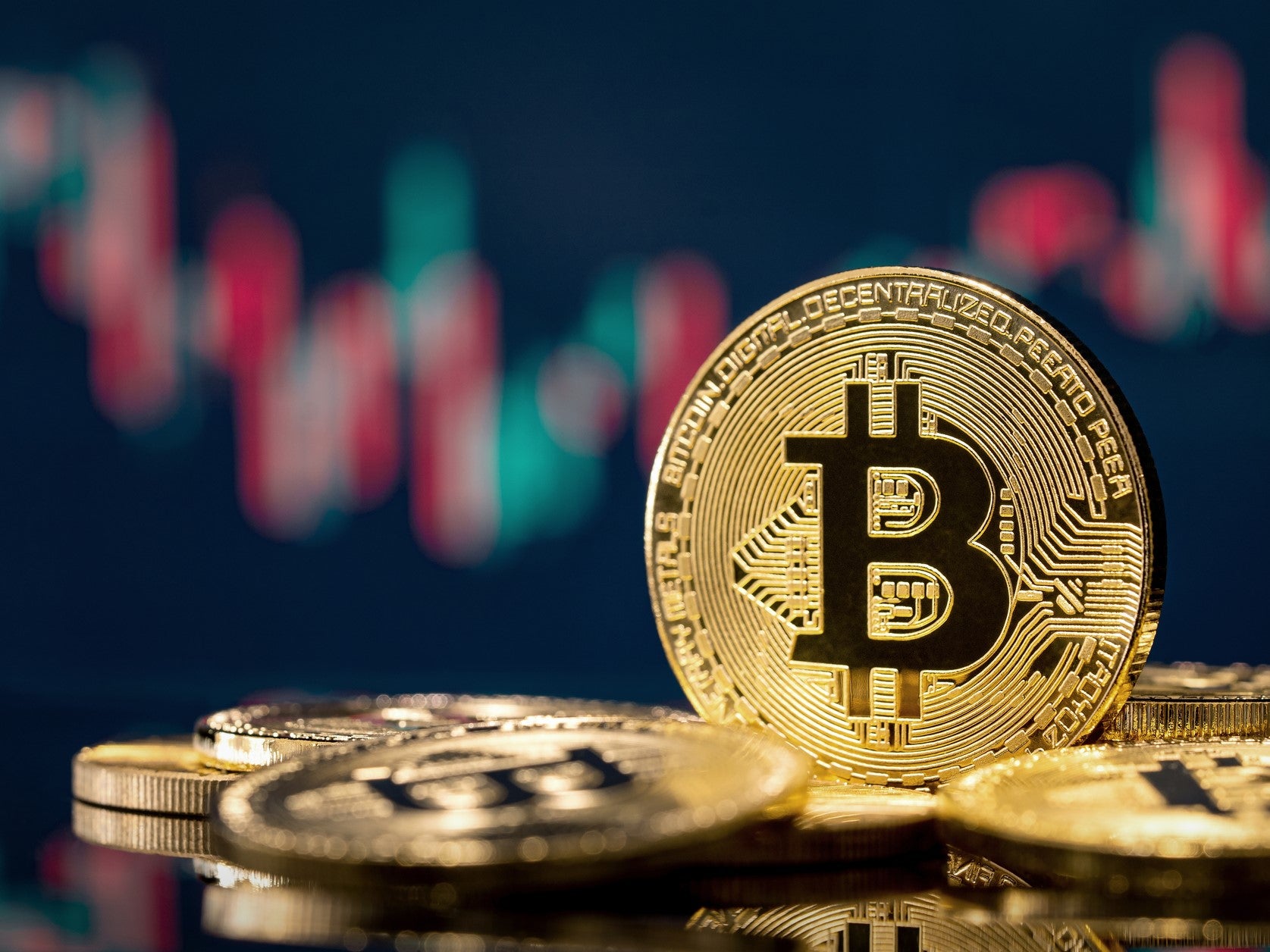Crypto crash: El Salvador’s bitcoin holdings down 50% as minister says risk is ‘extremely minimal’
Finance Minister Alejandro Zelaya downplays cryptocurrency losses

El Salvador’s bitcoin stockpile is now worth less than 50 per cent of the price it acquired it for following the latest crypto market crash.
The losses, which total more than $50 million, pose an “extremely minimal” fiscal risk for the Central American country, according to Finance Minister Alejandro Zelaya.
El Salvador has made 10 bitcoin investments since becoming the first country in the world to adopt the cryptocurrency as a legal form of tender in September, most recently last month when it bought 500 coins at an average price of $30,744.
This brought the total reserves to 2,301 BTC, for which El Salvador paid $103,674,830, according to calculations by The Independent, putting the average purchase price at around $45,000.
At today’s prices of $22,400 per bitcoin, El Salvador’s holdings are worth just over $50 million.
Speaking at a press conference on Monday, when the losses were closer to $40 million, Mr Zelaya played down the impact of the latest bitcoin price crash on the country’s finances.
“When they tell me that the fiscal risk for El Salvador because of bitcoin is really high, the only thing I can do is smile,” he said according to Reuters.
“The fiscal risk is extremely minimal. 40 million dollars does not even represent 0.5 per cent of our national general budget.”
El Salvador’s bitcoin experiment has faced criticism from the International Monetary Fund, who urged the country to ditch the cryptocurrency as an official currency in January.
The IMF “stressed that there are large risks associated with the use of bitcoin on financial stability, financial integrity, and consumer protection, as well as the associated fiscal contingent liabilities.”
Despite these warnings, the Central African Republic (CAR) voted in April to become the second country in the world to make bitcoin legal money.
El Salvador President Nayib Bukele has been an outspoken advocate of the cryptocurrency, claiming it is “game over for fiat [currency]”.
Bitcoin offers a way for Salvadorans to bypass high remittance fees, which are expected to pass half a billion dollars this quarter.
It also reduces the country’s reliance on the US dollar, which is El Salvador’s only other official currency.
President Bukele is planning to build a Bitcoin City on the Gulf of Fonseca in the south-east of the country, drawing power from the nearby Conchagua volcano.
The geothermal energy from the volcano will also be used to power a bitcoin mine that will generate new units of the cryptocurrency, similar to operations in Iceland.
Join our commenting forum
Join thought-provoking conversations, follow other Independent readers and see their replies
Comments
Bookmark popover
Removed from bookmarks